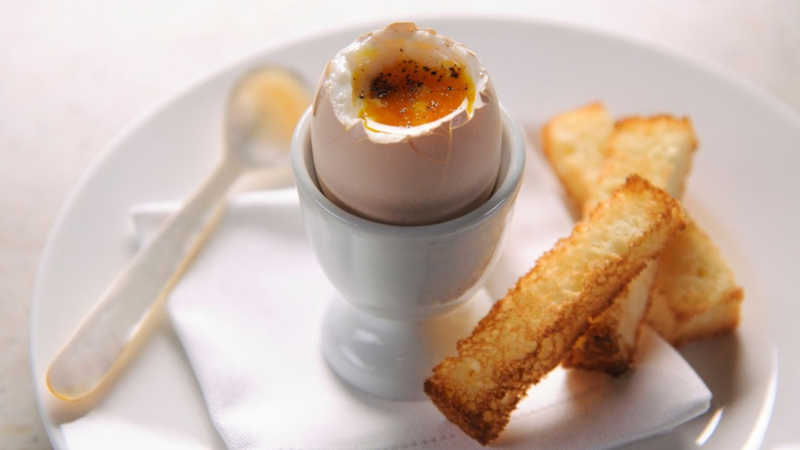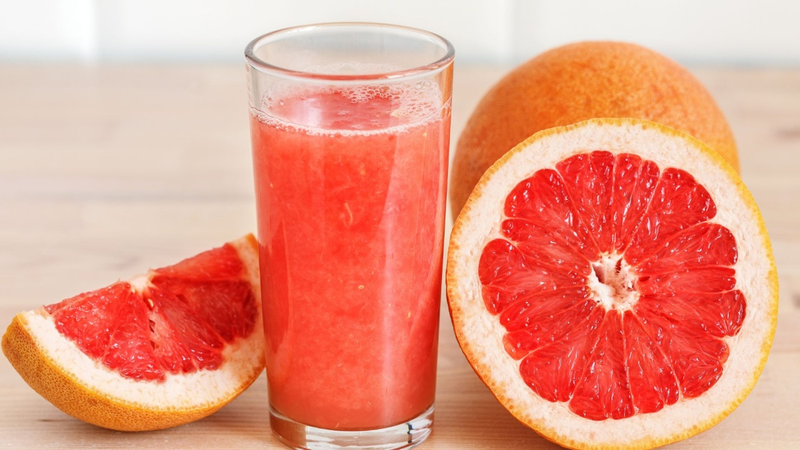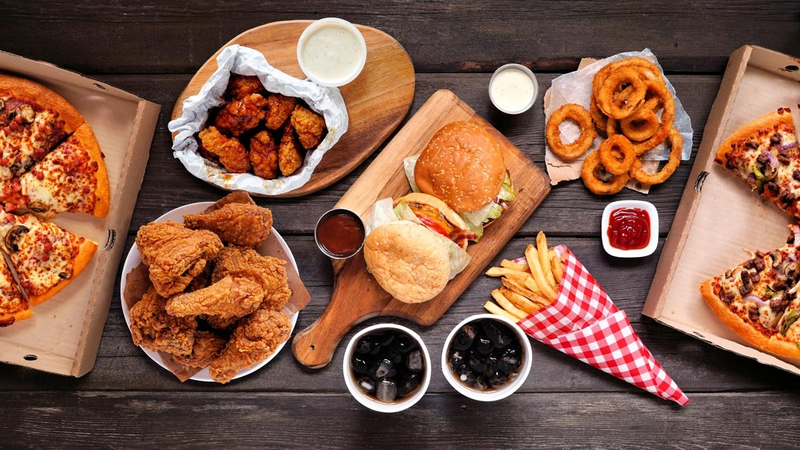Diet plays an important role in maintaining health, especially for the elderly. Therefore, understanding and avoiding the 6 types of food that the elderly should limit below will help protect health and improve the quality of life every day.
When you get older, your body will have certain changes and everything will be processed differently. Therefore, the foods we eat every day have a significant impact on the aging process, especially after the age of 60. The article below will summarize 6 types of food that the elderly should limit to avoid causing harm to health, let’s refer to it now!
Avoid eating uncooked eggs
Some foods not only have a negative impact on health but also pose worrying risks, of which eggs are a typical example.

Eating undercooked eggs can cause bacterial contamination and food poisoning.
For the elderly, eating undercooked eggs can cause serious harm. According to medical experts, raw or undercooked eggs can easily become a source of bacterial infection, leading to food poisoning. More dangerously, this condition can progress to sepsis or septic shock, especially in the elderly with weakened immune systems. The Sun Health Communities Senior Health Care Center in the US has warned that not only eggs but also undercooked meat and poultry are pathogens that need special attention. To protect their health, the elderly should prepare eggs so that both the white and yolk are completely cooked before eating.
Sugary drinks and artificial sweeteners
Drinks containing a lot of sugar are always classified as unhealthy foods and they are even worse for the elderly. Sugar not only causes weight gain but also affects cardiovascular health, blood pressure and potentially increases the risk of chronic diseases. In addition, drinks with artificial sweeteners should also be strictly limited.
Many studies have shown that diet drinks using artificial sweeteners not only do not provide health benefits but also cause serious side effects. Recent studies have shown that diet drinks not only increase the risk of obesity but are also associated with problems such as depression. A study published in the Journal of General Internal Medicine also showed that regular consumption of artificially sweetened drinks can increase the risk of heart disease and stroke. Therefore, older adults should consider replacing these drinks with healthier options such as water, herbal tea or fresh fruit juice.
Grapefruit
Studies have shown that grapefruit juice can interact with drugs used to treat high cholesterol, depression, insomnia, anxiety and high blood pressure. According to the National Council on Aging (NCOA), many people do not expect that grapefruit is on the list of foods to limit for people over 60 years old. The ingredients in grapefruit can change the way drugs work in the body, leading to reduced treatment effectiveness or increased dangerous side effects. Therefore, older people need to be very careful when using grapefruit or grapefruit juice, especially if they are taking medication as prescribed by a doctor.

Grapefruit juice may interact with medications used to treat illnesses in older adults.
Sweetened Yogurt
Yogurt is a healthy food because it provides calcium and vitamin D – two important nutrients that help maintain bone strength and support the immune system. But when sugar is added, yogurt becomes an unhealthy food. To get the most out of yogurt, the elderly should choose unsweetened, low-fat or fat-free yogurt, which both ensures nutrition and limits the risk of weight gain and diseases related to blood sugar.
Excessive caffeine
Consuming too much caffeine can be dangerous, especially for the elderly. Caffeine can cause insomnia, increase anxiety and even cause rapid heartbeat or heart rhythm disturbances. These effects are especially serious for people with heart disease, so it is necessary to control daily caffeine intake.
Fried foods
Fried foods are not only high in calories but also pose a risk to cardiovascular health, especially in the elderly. Fried foods often contain trans fats and hydrogenated oils – two ingredients that contribute to increased levels of bad cholesterol in the body, increasing the risk of heart disease, diabetes and even cancer.

Fried foods are not only high in calories but also pose a risk to heart health.
Furthermore, fried foods often provide a large amount of calories, which can easily lead to weight gain and obesity, especially if consumed regularly. Elderly people should minimize fried foods in their daily menu, instead choosing healthier cooking methods such as steaming, boiling or baking.
In addition, to maintain good health, the elderly should also avoid consuming ultra-processed foods and dishes with high salt content, according to recommendations from Best Life.
To maintain good health in old age, choosing the right food plays an extremely important role. Healthy eating habits not only help protect the body from disease risks but also improve the quality of life every day.





